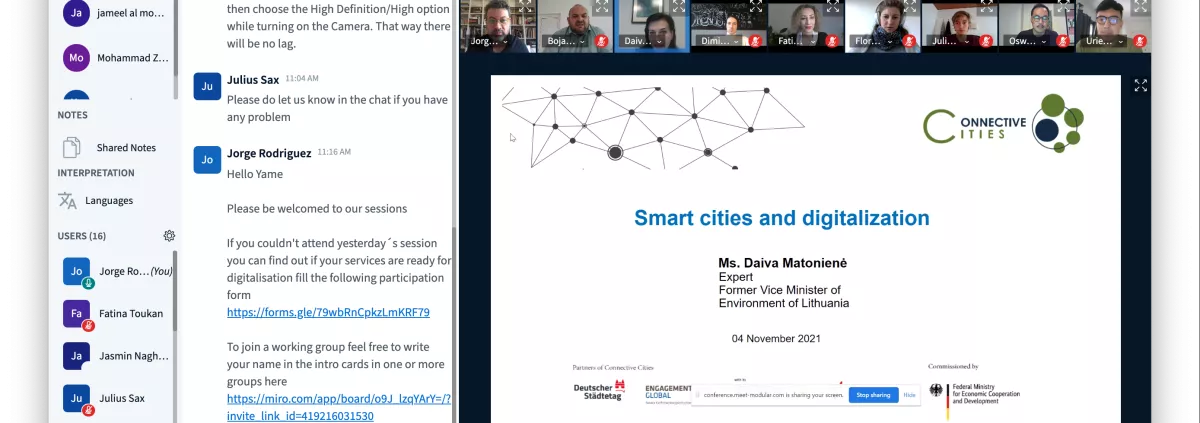“A smart sustainable city is an innovative city that uses information and communication technologies (ICTs) and other means to improve quality of life, the efficiency of urban operation and services, and competitiveness, while ensuring that it meets the needs of present and future generations with respect to economic, social, environmental as well as cultural aspects”
Key findings
• Due to rapid urbanization, many cities have aging infrastructure with high replacement costs. Converting existing infrastructure to smart infrastructure is the key to improving city operations, and it is directly correlated to the quality of life improvements
-
Digitalization solutions are key enablers in achieving sustainable and livable cities. Making informed decisions about which technologies best support a city’s overall development strategy depends on establishing the right governance and identifying the most suitable technical concepts
-
The system-of-systems model is the one that provides the best, long- term chances of truly making cities smart; however, it must start with the most important system: people
